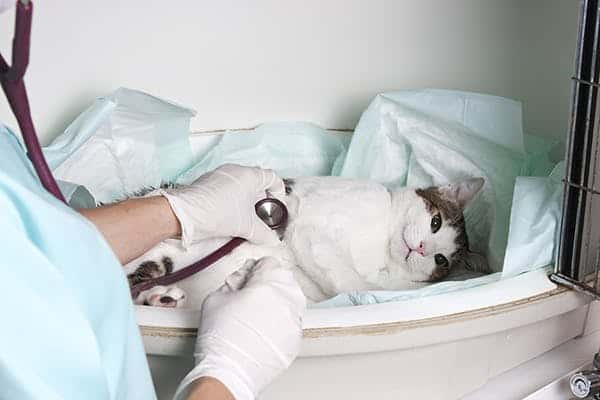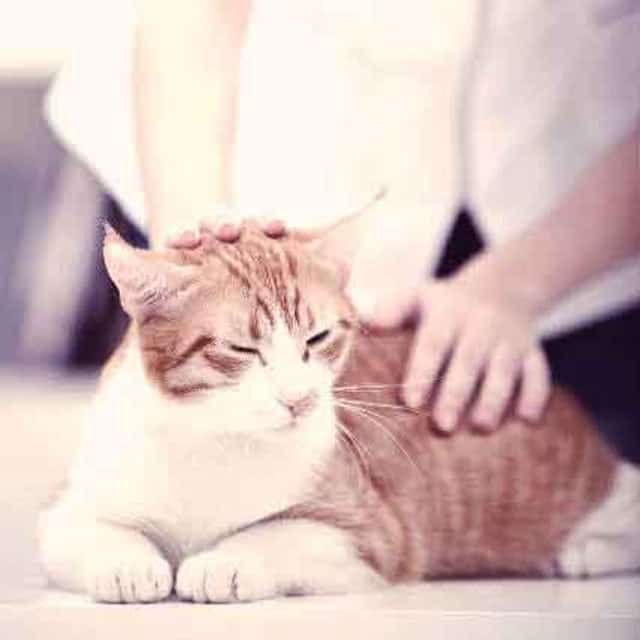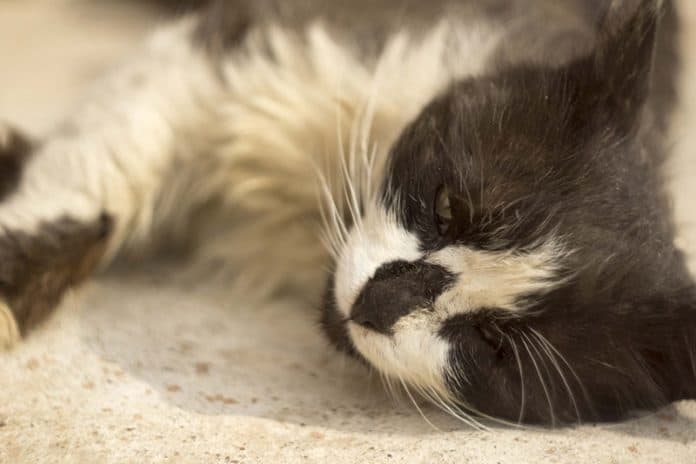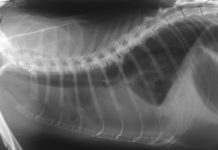The SA node –sinoatrial node or sinus node is the originator of the electrical impulses in the heart, which triggers the heart to contract or beat. This is by way of firing off electrical surges. Furthermore, sinus arrest is a condition of the spontaneous sinus nodal automaticity or the automatic behavior of the tissues, which set the pace for the rhythm of the heart. The condition is also called the heart impulse block in cats, which is the failure of the sinoatrial node in instigating an impulse in an expected time, which may lead to the sinus arrest. If you want to learn more about this feline condition, feel free to scroll through this article.
What is Heart Impulse Block in Cats?

The heart impulse block in cats is a feline condition wherein the electrical impulses, which stimulate the heart muscles, as well as regulate the heart function aren’t transmitted successfully. A delay on the conduction is the same condition wherein these impulses are being deferred, instead of being blocked completely.
Further, these conditions may disrupt the cardiac function, thus causing issues with the circulation and heart rate. In addition, the conduction delays and impulse blocks are commonly a symptom of some other condition that affects the heart. These conditions may become so serious, theoretically leading to the heart failure or even death. Moreover, medical treatment is important to diagnose and to treat the disorder properly.
What are the Types of Cat Heart Impulse Block?
Several types of heart impulse blocks and conduction delays exist. The type is determined by which portion of the heart is affected. Moreover, common types that can affect cats include:
- LBBB or Left Bundle Branch Block
- LAFB or Left Anterior Fascicular Block
- RBBB or Right Bundle Branch Block
- Sinoatrial Block
What are the Causes of Cat Heart Impulse Block?
Conduction delay or heart impulse block in cats is commonly an indication of another condition. Cats, as well as some other companion animals may experience the delays and blocks in case the heart problems happen. Some of the more common causes of a heart impulse block in cats may include the following:
- Heart failure
- Certain medications
- Poisoning or toxicity
- Cardiac inflammation
- Tremendously high levels of potassium
- Blood clots
- Certain parasitic infections, just like heartworms
- Thickening or hardening of the arteries
- Scar tissue buildup or fibrosis in the cardiac muscles
- Cardiac trauma
- Some cancers, most especially the heart tumors
- Congenital heart defects
- Heart conditions and cardiac conditions
- Abnormal levels of electrolyte
- Post cardiac surgical procedure
What are the Symptoms of Cat Heart Impulse Block?
Conduction delays or heart impulse block in cats might present in cats even without any discernable indications. Furthermore, it is possible for the cat as well to just present the symptoms that are associated to the primary cause of the condition, instead of the delay or block.
The more common symptoms of car heart impulse block include:
- Sudden cardiac death
- Congestive heart failure
- Fluid accumulation or bloating
- Lack of appetite
- Hard to detect pulse
- Slow heart rate or bradycardia
- Abnormal heart rhythm
- Pale mucous membranes or gums
- Panting
- Difficulty in breathing
- Poor tolerance in exercise
- Collapse or fainting
- Lethargy or weakness
How is Cat Heart Impulse Block Diagnosed?

In order to appropriately diagnose the type of block or delay the cat is feeling, as well as the primary cause of the condition, the vet may use several diagnostic procedures. Procedures, which focus on the heart performance, as well as the blood work, yet additional testing might also be necessary in determining why the cardiac impulses are delayed or blocked. Make sure to prepare in discussing the full medical history of the pat, as well as any symptoms observed, including the ones that might seem unconnected. Advise the vet staff of whatever recent surgery or trauma as well. Additionally, a complete blood draw, physical examination, and urinalysis may be completed for the prognosis. Further, blood work, comprising electrolyte balance, biochemistry profile, cell count, as well as testing for some antibodies, which might indicate infection may also be conducted.
In some instances, the cat might be needed to wear a heart monitor at home, in order to continue the monitoring. Information regarding the mobile EKG may be downloaded on a follow-up appointment or remotely transmitted potentially. Imaging techniques like x-ray and ultrasound might also be used in observing the heart’s function more closely. When the type and the cause of the condition are finally determined, the proper treatment may already start.
What is the Possible Treatment for Cat Heart Impulse Block?
Most of the patients may be cured on an outpatient basis. Just the patients that show some clinical signs of the illness must be hospitalized. Further, fluid therapy may also be given to the patients that are in need of it. Moreover, terminally ill patients, which aren’t responding to the medical therapy might need implantation of some kind of artificial pacemaker, and may be hospitalized preceding to surgical procedure in the preparation of it. In case the cat becomes extremely weak, or shows signs of fainting or losing consciousness, it may need to have the activity limited.









